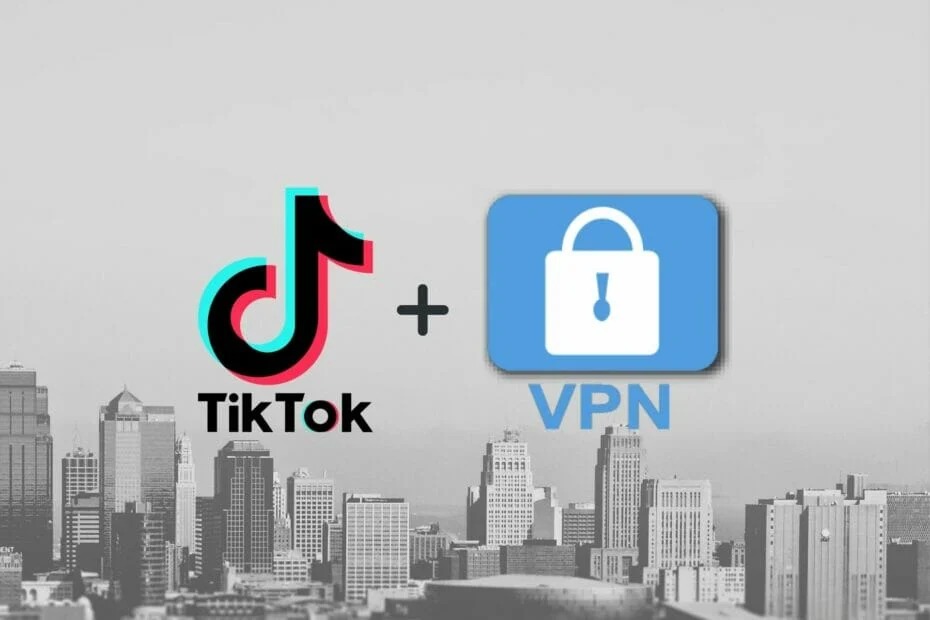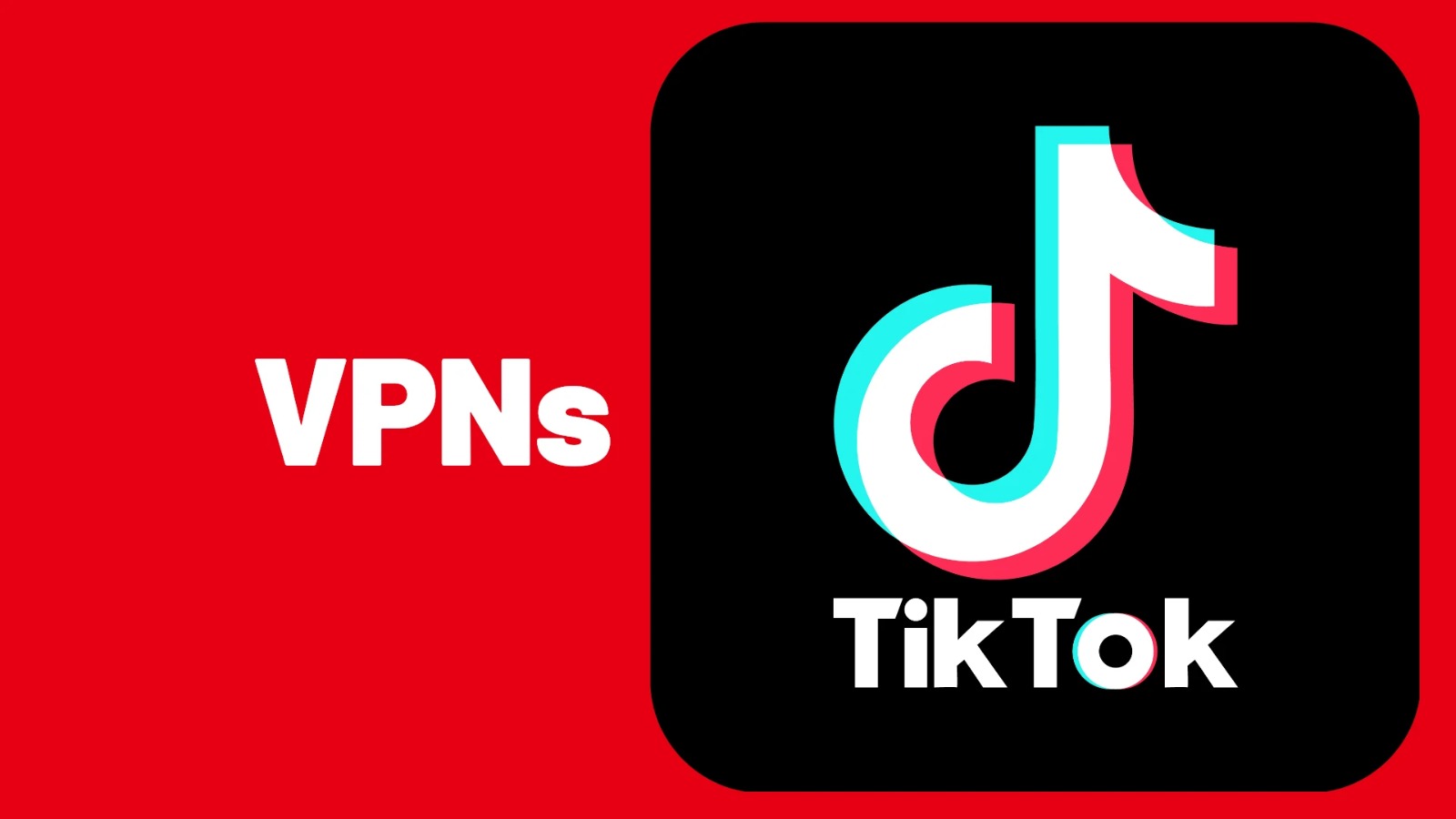
By Ed Malik, A | ed@ddnewsonline.com | posted January 27th, 2025
On the eve of President Joe Biden leaving office, the US supreme court, in a major ruling, banned TikTok from the country. The restriction left a window for Biden to exercise discretionary power of reprieve for the embattled micro networking platform but chose not to interfere, leaving the matter to newly inaugurated President Donald Trump to decide on. Promptly, as part of the several executive orders he signed on his first day in office, Trump granted TikTok a 75-day reprieve to domesticate its operation or the ban will be in force.
Subscribe To The Best Team In Conservative, Business, Technology, Lifestyle And Digital News Realtime! support@ddnewsonline.com
The conversation and consequent interplay between digital privacy, government regulations, and platforms like TikTok has indeed become a focal point in the tech world. Governments citing concerns over data privacy and national security have put TikTok under scrutiny, leading to the recent ban in the United States and restrictions in some countries.
For users who rely on TikTok for entertainment, networking, social connections or even business, these restrictions can feel like an infringement on digital freedom, prompting a surge in the use of Virtual Private Networks (VPNs). That’s why the few hours that the suspension order subsisted, millions created a desperate search for alternative VPNs.
VPNS AS A RESPONSE TO TIKTOK BANS
The TikTok ban fueled feverish demand for VPN. The truth is that, when the debate whether to ban or not ban TikTok was going on, millions of users were already seeking ways to maintain access to the platform. VPNs, which can mask a user’s location by routing internet traffic through servers in different countries, became the go-to solution.
Internet searches for “VPN for TikTok” skyrocketed, with a significant uptick in downloads for VPN apps across app stores.
However, because many users were unfamiliar with VPN technology and its nuances, they downloaded the first app promising unrestricted access. Scammers and unethical developers took advantage of this urgency, flooding the market with fake or poorly constructed VPNs.
VPNs allow users to bypass geo-restrictions by masking their location and encrypting their internet connection. For many, they are a lifeline to access restricted platforms, including TikTok, in banned regions. However, this increased demand has brought challenges:
Subscribe To The Best Team In Conservative, Business, Technology, Lifestyle And Digital News Realtime! support@ddnewsonline.com
- Rise of Fraudulent VPN Services
A growing market for VPNs has attracted bad actors. Subpar or outright fraudulent VPN services often promise privacy and accessibility but lack adequate encryption or log-keeping practices, putting users at risk of data theft or surveillance. - Misleading Marketing Claims
Many VPNs exaggerate their capabilities, claiming features like “absolute anonymity” or “military-grade encryption” without delivering on these promises. Users often fall prey to such marketing due to lack of technical knowledge. - Potential for Data Exploitation
Ironically, some free or low-quality VPNs may engage in the very practices users are trying to avoid, such as collecting and selling user data to third parties, undermining their purpose.
WHAT USERS SHOULD KNOW
To avoid falling into the traps of fraudulent or subpar VPN services, users should:
- Research VPN Providers
Look for VPNs with transparent policies, independent audits, and a good reputation in the cybersecurity community. - Understand the Limitations
VPNs are not a catch-all solution for online privacy. They can mask IP addresses and encrypt traffic but cannot shield users from all forms of data collection or hacking. - Avoid Free Services
Free VPNs often monetize through data collection and ads. Investing in a reputable paid VPN service ensures higher security and better functionality. - Check for Privacy Practices
Look for providers that enforce no-logs policies and use advanced encryption standards like AES-256.
CHECKLIST TO IDENTIFY FAKE VPNS AND INSULATE ONE FROM RISKS?
Fake VPNs are services that either:
- Do not provide genuine VPN functionality: These apps may claim to hide your IP address or encrypt your data but fail to deliver on these promises.
- Collect and sell user data: Ironically, some fake VPNs undermine the very privacy they claim to protect by harvesting sensitive user information and selling it to third parties.
- Inject malware or ads: Malicious VPN apps may install malware on users’ devices or bombard them with intrusive advertisements.
These fake VPNs are often free or very cheap, making them appealing to users who are primarily concerned with bypassing restrictions rather than protecting their data.

RISKS OF USING FAKE VPNS
Using a fake or unreliable VPN can expose users to significant risks:
- Data Theft: Instead of protecting your information, fake VPNs might log sensitive data such as browsing history, login credentials, and even payment details.
- Malware Infections: Malicious VPNs can serve as a conduit for malware, ransomware, or spyware, compromising the security of your device.
- False Sense of Security: A fake VPN might claim to encrypt your traffic but leave it exposed, making you vulnerable to hackers and surveillance.
- Legal Consequences: In countries where VPN use is restricted or monitored, using an unverified service can lead to fines or other penalties.
- Decreased Performance: Poorly designed VPNs often lead to slower internet speeds and frequent connectivity issues.
HOW TO IDENTIFY GENUINE VPN PROVIDERS
Given the risks, it’s crucial to choose a reliable VPN service. Here are some tips to identify legitimate providers:
- Check Reviews and Ratings: Look for reviews from reputable tech websites and user ratings on app stores. Be cautious of overly positive reviews that lack detail, as these might be fake.
- Research the Company: Legitimate VPN providers are transparent about their ownership, policies, and server infrastructure. Be wary of apps with vague or missing company information.
- Audit Reports: Many trustworthy VPNs undergo independent security audits to verify their privacy claims. Check if the provider shares audit results.
- No-Logs Policy: A reliable VPN will have a strict no-logs policy, meaning they do not store your browsing data. Verify this policy through their website or terms of service.
- Customer Support: Reputable VPNs offer robust customer support to address any issues or questions.
- Avoid Free Services: While not all free VPNs are fake, most legitimate services require a subscription fee to maintain high-quality infrastructure and security.
Subscribe To The Best Team In Conservative, Business, Technology, Lifestyle And Digital News Realtime! support@ddnewsonline.com
EDUCATING USERS: THE KEY TO SAFER CHOICES
Many users who turn to VPNs due to bans like the one on TikTok lack technical knowledge about how these tools work. This knowledge gap is a primary reason why fake VPNs gain traction. By educating users about VPN functionality, privacy risks, and what to look for in a provider, we can reduce the number of people falling victim to scams.
THE ROLE OF GOVERNMENTS AND TECH PLATFORMS
Fostering digital literacy among users is key to ensuring they make informed choices about VPNs and other privacy tools, mitigating the risks associated with the surge in demand. This is where governments and tech companies or vendors have roles to play in addressing the rise of fake VPNs, through the following:
- Regulation: Governments can enforce stricter regulations on app stores, requiring verification of VPN apps before they are listed.
- Awareness Campaigns: Public awareness campaigns can inform users about the risks of fake VPNs and the importance of choosing reliable services.
- Collaboration with Experts: App stores can collaborate with cybersecurity experts to identify and remove fake or malicious VPNs.
The TikTok ban may have been a catalyst for the widespread adoption of VPNs, but it also illuminated the dark side of the market: fake VPNs preying on uninformed users. As digital privacy continues to be a global concern, it’s essential for individuals, governments, and tech companies to work together to promote safe and informed choices.
Subscribe To The Best Team In Conservative, Business, Technology, Lifestyle And Digital News Realtime! support@ddnewsonline.com
By understanding the risks of fake VPNs and learning how to identify legitimate providers, users can protect their data and enjoy unrestricted internet access without compromising their security. In a world where privacy is increasingly under threat, vigilance is key.
Overall, there are broader implications for the emergent VPN market, of which the TikTok controversy is a small part of a larger conversation about the balance between digital privacy and national security. As governments ramp up regulations, individuals may increasingly seek tools to preserve their digital autonomy, heightening the need for secure and trustworthy digital privacy solutions.
NOTE: This report referenced serval digital sources and Newsmax Jodi Pierce archives.



Luôn chơi có trách nhiệm, kiểm soát cảm xúc, tránh tâm lý “gỡ gạc” khi thua. – Đọc kỹ các quy định, chính sách của xn88 đăng nhập trước khi tham gia để bảo vệ quyền lợi cá nhân. – Đảm bảo thông tin tài khoản, giao dịch được bảo mật an toàn. TONY12-11A